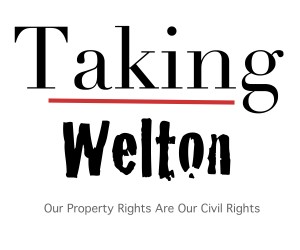TACIR Releases Eminent Domain Report
“Today, the Tennessee Advisory Committee on Intergovernmental Relations (TACIR) released its report Eminent Domain in Tennessee, a study of two bills referred to TACIR by the General Assembly last year: Senate Bill 1566 (Ketron) [House Bill 1576 (Carr)] and House Bill 2877 (Gotto) [Senate Bill 2745 (Johnson)]. The government cannot take your land without paying for it, but they can force you to sell; this action is called condemnation. The power to condemn is referred to as eminent domain.
In 2006, the Tennessee General Assembly enacted Public Chapter 863, which made significant changes to the state’s eminent domain law, including clarifying the definition of public use. These reforms, partly made in response to the US Supreme Court’s ruling in Kelo v. City of New London, greatly improved protections for property owners in Tennessee. But concerns remain about the time and expense of determining property value; the authority of housing development agencies, which are arms of the local government, to condemn property; and the ability of former property owners to repurchase condemned property that is not used by the government and later sold.
Senate Bill 1566 would have allowed a property owner to require the local government to submit to binding arbitration in order to determine the price of property to be taken by condemnation. If it had passed, local governments would not have been able to object to the use of binding arbitration. Like litigation, arbitration is a process for dispute resolution whereby a neutral third party renders a decision after a hearing at which both parties have an opportunity to be heard. With binding arbitration, the parties are legally obligated to comply with the arbitrator’s decision. While binding arbitration generally reduces the time required to resolve a dispute, it has many of the disadvantages of litigation. Binding arbitration is less time consuming than litigation, mainly because the decision cannot be appealed simply because the parties do not like the result, but it is potentially as expensive because the parties still hire lawyers, appraisers, and other experts when arbitrating disputes.”
TN Government 13 March 2013.
